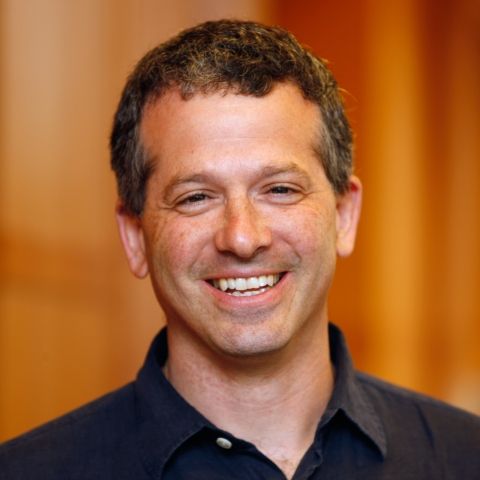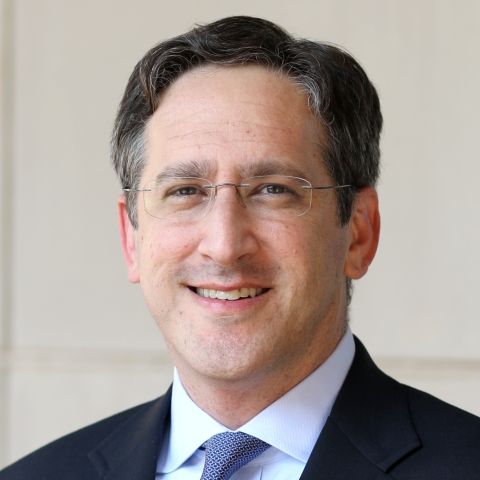

An emerging intellectual and ideological critique of liberalism is coinciding with a significant transformation of the American law of church and state. Contemporary religious antiliberalism rejects principles of church-state separation that have long informed the meaning of the Establishment and Free Exercise Clauses. This attack on liberal principles is resurgent at a moment when legal doctrine is in flux, as judicial critics of church-state separation deploy new conceptions of neutrality, equality, and animus to require state funding of religious activities, exempt religious believers from generally applicable laws, and allow government entities to promote sectarian religious messages.
This Article first describes various strands of religious antiliberalism, all of which share a deep distrust of the Supreme Court’s twentieth century church-state settlement. Second, the Article argues that although the Court has not yet abandoned liberal principles central to church-state separation, its application of those principles is increasingly incoherent, leading to the collapse of existing doctrine. As new doctrine emerges, antiliberal theories provide normative justifications for pressing the law in radical directions. Third, the Article considers the future of church-state separation as a matter of political economy. Antiliberalism is gaining traction as liberal democratic regimes around the world are under threat from populist and reactionary forces, including in the United States. We argue that the fact of American religious pluralism, which has been commonly invoked as the guarantor of disestablishment, will not halt the political and doctrinal momentum toward religious preferentialism.